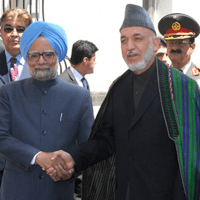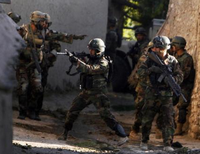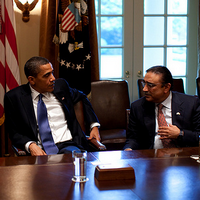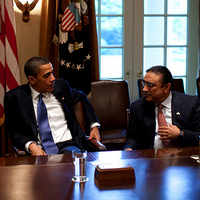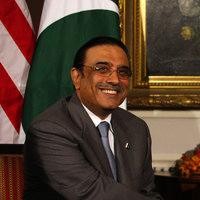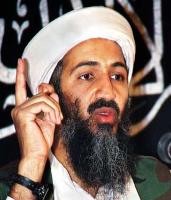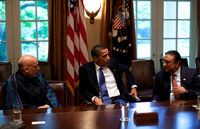
Nuclear Pakistan, we are often told, is the Islamic-state equivalent of a Wall Street firm: In geostrategic terms, it is too big to fail. That explains why, even as the Obama administration begins preparing for modest troop withdrawals from Afghanistan this July, it dispatched Secretary of State Hillary Clinton to Islamabad last week to smooth over bilateral relations with Pakistan’s paranoid regime, which were strained even before the killing of Osama bin Laden. But Clinton’s trip and the Obama administration’s instinctive embrace of Islamabad is a fool’s errand, doomed by history, geography and globalization itself. In fact, the U.S. should […]


